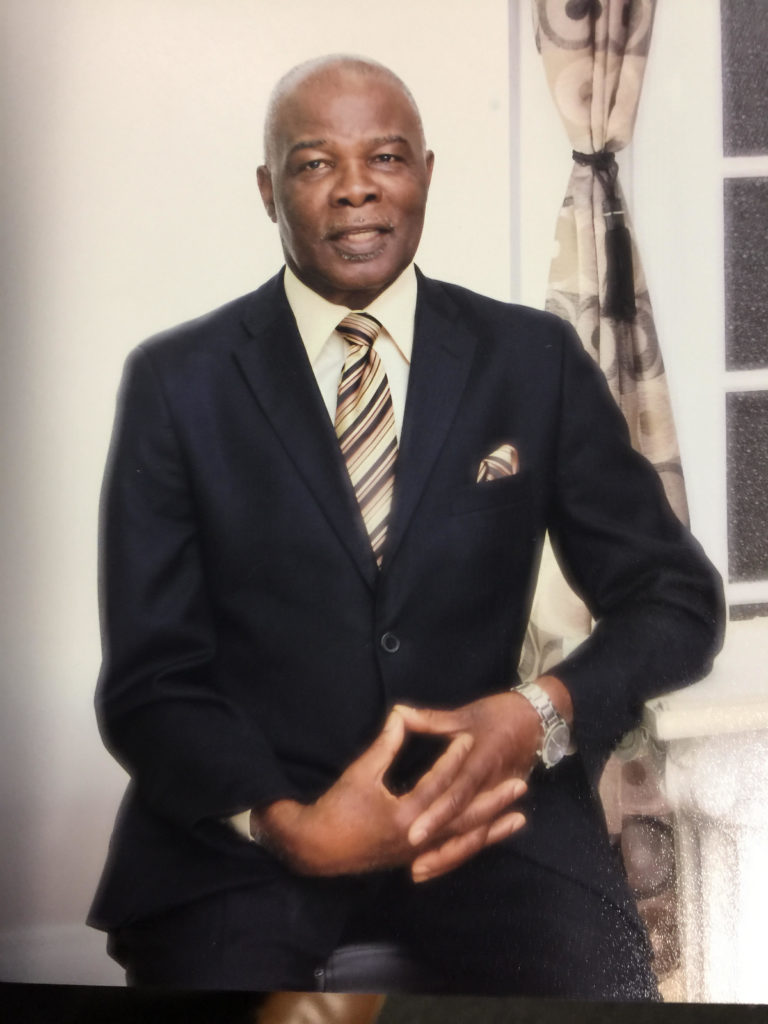
Glenford Duffus always wanted to be a lawyer in his youth. That is, until his studies brought him to Coffee Piece All-Age School in Coffee Piece, Jamaica—a school where the principal’s focus was on assisting students who were from deep-rural communities to be engaged in academic achievement, he recalls.
“The strategies the principal employed at the time to help underserved kids were excellent,” he says. "The way she engaged the community in the effort really attracted my attention.”
So when the principal approached Duffus and asked if he had ever considered Teacher’s College, he did not hesitate. “It was the first thing I did [after school]. I went off to Teacher’s College at the age of 19, and have been a teacher ever since.”
Duffus is now retired, but this fateful decision brought him 45 years of service in education.
Duffus began his career in the Jamaican education system where he served for over 15 years—nine as principal, after which he moved to Canada. His new pedagogical practice in Canada brought him back to his roots in Jamaica as a classroom teacher which he drew on in order to perfect his craft in a new cultural context. Such mastery would lead him to positions as VP, Principal and ultimately Superintendent with the Toronto District School Board (TDSB) for nine years.
Along the way, Duffus pursued a PhD with the Faculty of Education, his focus being on Language, Culture and Learning.
In his time as Superintendent with the TDSB, Duffus chiefly served students, communities and schools within the Jane and Finch corridor. A central part of his role focused on serving as system lead for equity and inclusion, which involved asking what teachers should be doing as a system to support underserved students to change their trajectories from underachievement to achievement.
“Do we have open access to high quality educational offerings that all students can tap into that will help them advance their academic aspirations and lead them to some kind of gainful employment?” he says. “That will move them out of poverty and into accessing the kind of wealth through their education that other groups do?”
Duffus says that a key takeaway from this time was to recognize that many students have undergone trauma and oppression. “Such students cannot leave those aspects of their experience at the door when entering the classroom,” Duffus emphasizes. "Such students must bring who they are into the school and learning environment, which then becomes a part of their identity.”
“Just like we have the Reconciliation Deal to support our Indigenous individuals, we need not only some kind of specific things to support Black and Hispanics, who are at the bottom of the pyramid in terms of achievement, but we also need to some kind support to help them climb,” he says.
These are the sorts of lessons Duffus can reflect on after a 45+ year career as an educator. Teachers like him have a truly unique viewpoint about the role classroom teachers have in bringing these broader-scale visions to fruition.
He considers students today who might be in a similar headspace as the young student in Jamaica who nearly went into law so many years ago. To those students on the fence about whether teaching is for them, he says: “You have to have a love for the advancement of humanity. You have to be passionate about service.”
To him, service means putting yourself aside to take on the causes of others—something that he himself, over his entire experience as an educator, has had to continuously do: support students and their families in order to help those who were disenfranchised.
“I could have made big bucks in some other profession or career, but nothing would have given me the self-actualization and satisfaction that I feel having served 40-something years as a teacher,” he says. “So if you’re looking for something where you will be satisfied that you’ve done your best and have served humanity, this is the route to go.”
Article by Dennis Bayazitov, special contributing writer
